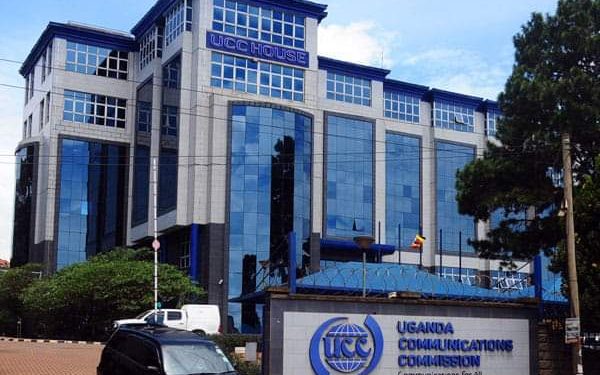The Uganda Communications Commission (UCC) has once again demonstrated its penchant for controlling the lives of Ugandans with its new guidelines on SIM card replacement. Ostensibly aimed at addressing “challenges” in the process, these rules reek of bureaucratic overreach, inefficiency, and outright disregard for citizens’ rights and privacy.
First, consider the absurdity of requiring a police letter for something as simple as replacing a lost SIM card. In a country where police stations are notoriously understaffed, underfunded, and often inaccessible, this requirement places an undue burden on citizens. How does involving the police in such mundane matters improve service delivery? It doesn’t. Instead, it opens avenues for extortion, delays, and unnecessary harassment of already distressed individuals.
Next, the requirement to physically present oneself at telecom service centers reveals UCC’s disconnect from reality. Uganda’s telecom companies are infamous for their long queues, sluggish processes, and limited infrastructure. Forcing citizens, especially those in rural areas, to travel miles just to replace a SIM card highlights the commission’s indifference to the daily struggles of ordinary Ugandans. It is as if UCC is intent on punishing citizens for losing their SIM cards.
The guidelines for those without biometrics are no better. UCC’s insistence on obtaining validation letters from NIRA or the Office of the Prime Minister shows a lack of empathy for those who may have lost access to such documents due to displacement or bureaucratic failings. For a government body supposedly tasked with enhancing communication services, UCC seems more interested in erecting barriers than breaking them down.
But what is the real agenda behind these draconian measures? Some argue that UCC’s policies are designed to tighten the noose around citizens’ necks. By forcing them into an endless loop of police stations, NIRA offices, and telecom centers, the government gains an iron grip on personal data, movements, and communications. This isn’t about security; it’s about surveillance. The UCC is laying the groundwork for a digital police state where privacy is a distant memory and freedom of expression is stifled at every turn.
Meanwhile, the regime continues to profit from the chaos. Each step of this convoluted process is a cash cow for corrupt officials. From bribes at police stations to “facilitation fees” at NIRA, Ugandans are milked dry at every turn. UCC’s policies have turned a simple SIM card replacement into a lucrative industry for the corrupt, all under the guise of “enhanced security measures.”
This is not governance; it is tyranny masked as regulation. While Ugandans struggle to communicate and access basic services, UCC sits comfortably in its ivory tower, crafting policies that further alienate the citizens it claims to serve.
If Uganda is to progress, this culture of bureaucratic oppression must end. The UCC should focus on making telecom services accessible, affordable, and efficient, not creating hurdles that serve no purpose other than to frustrate and exploit the people. Until then, its policies remain a damning indictment of a government that thrives on controlling and exploiting its own citizens.







Discussion about this post